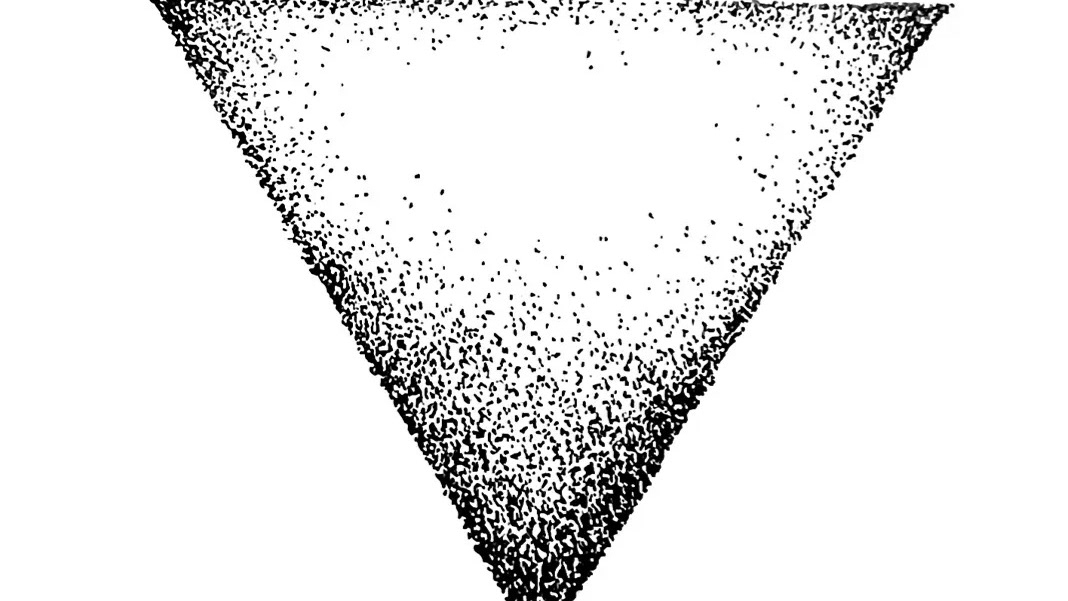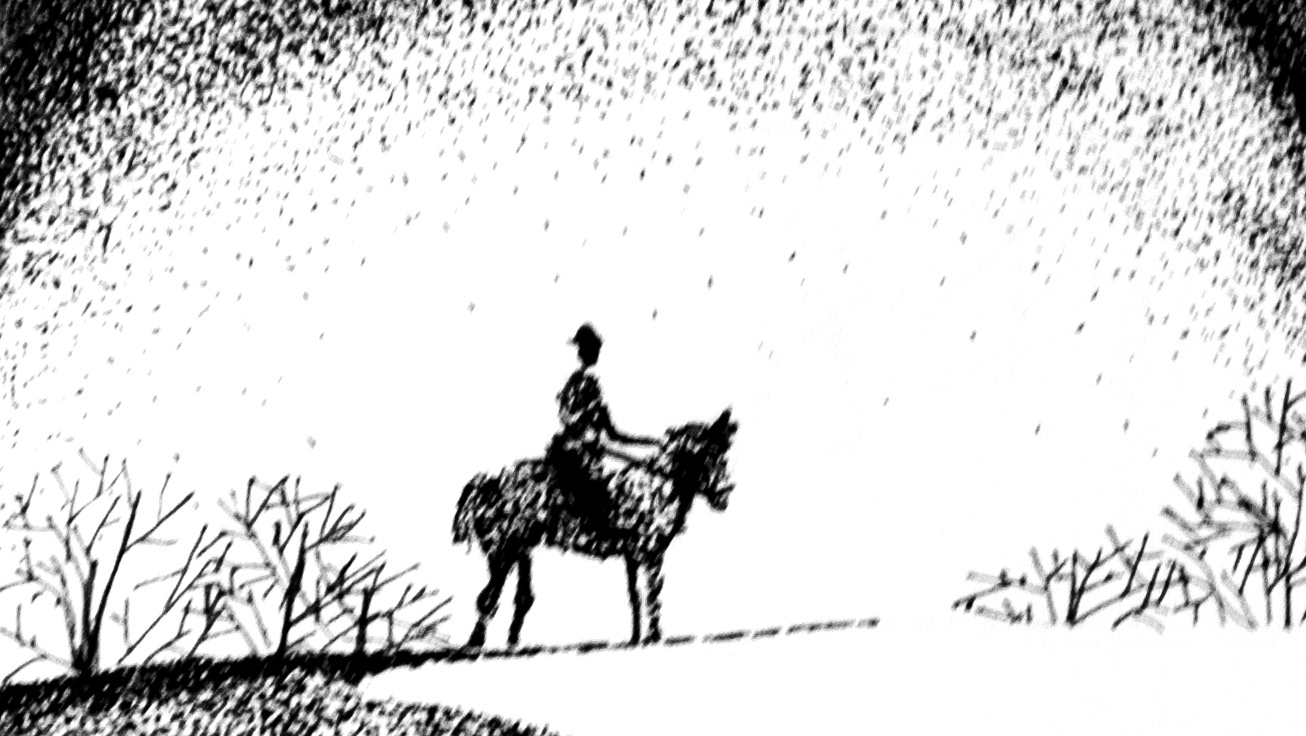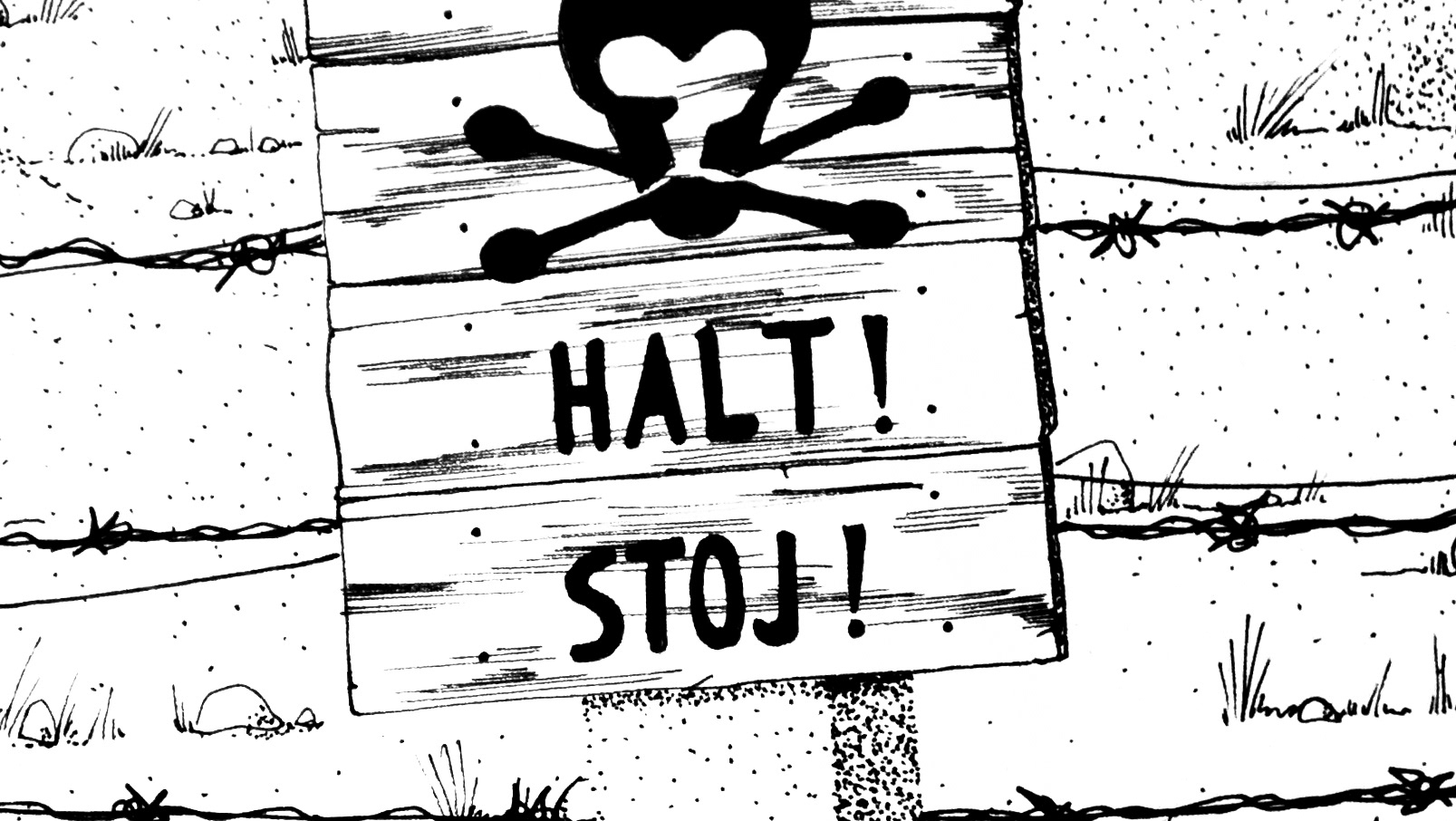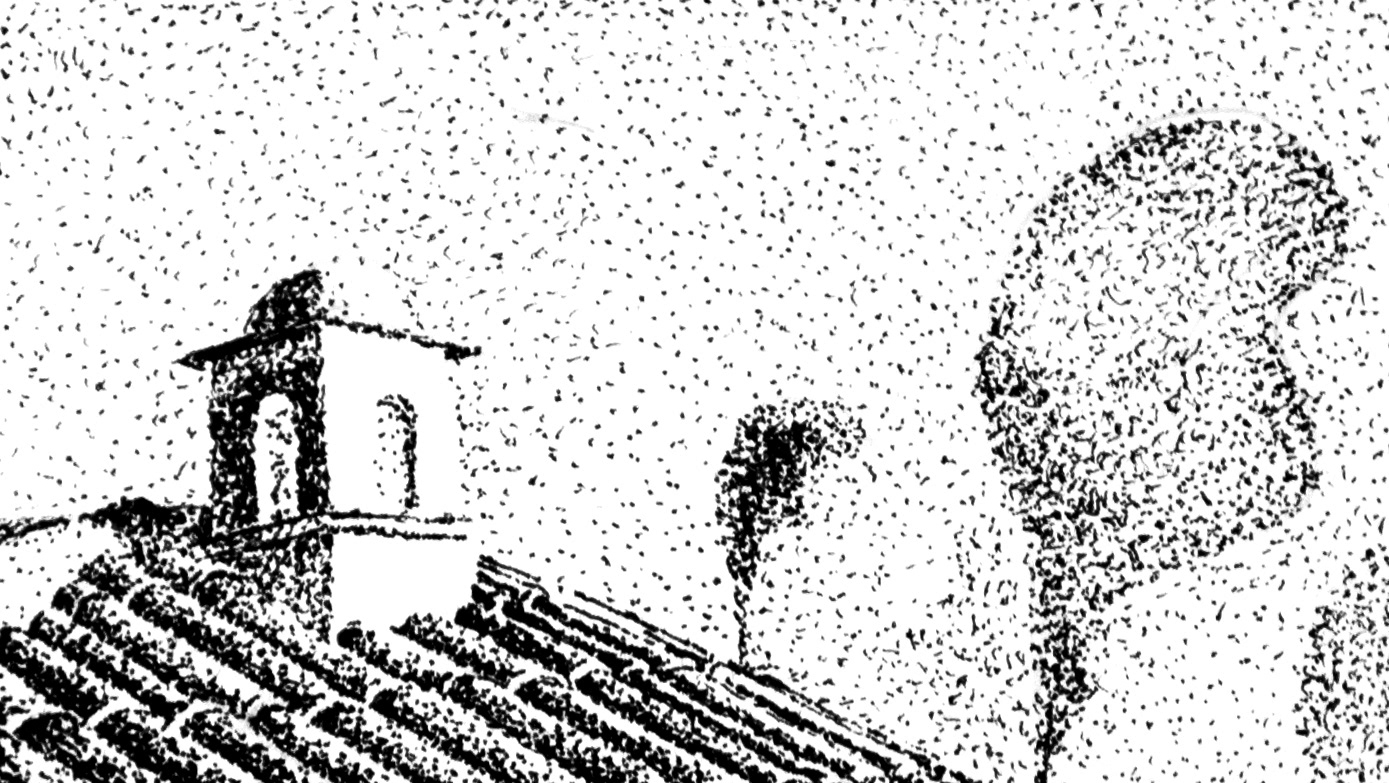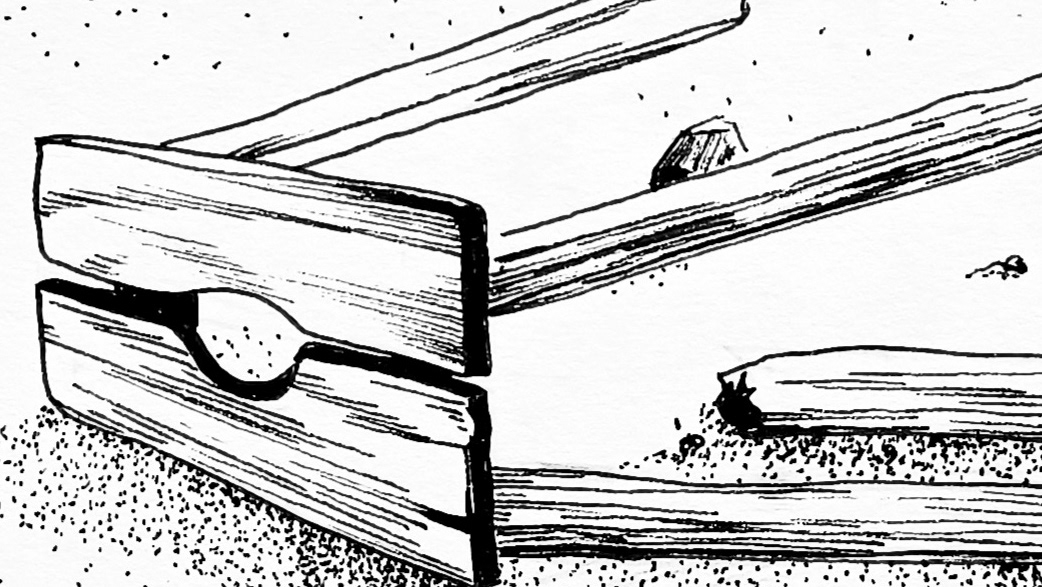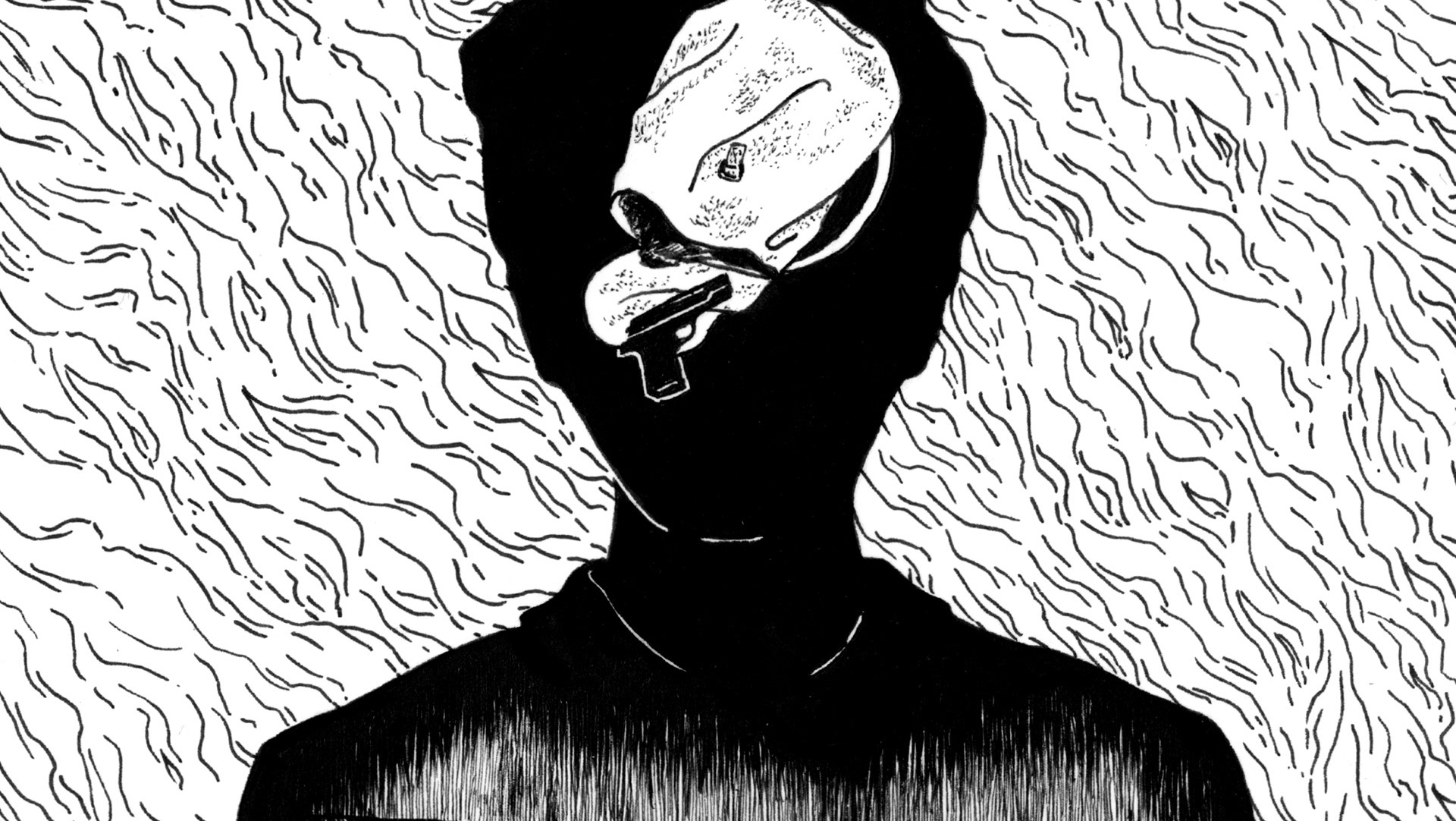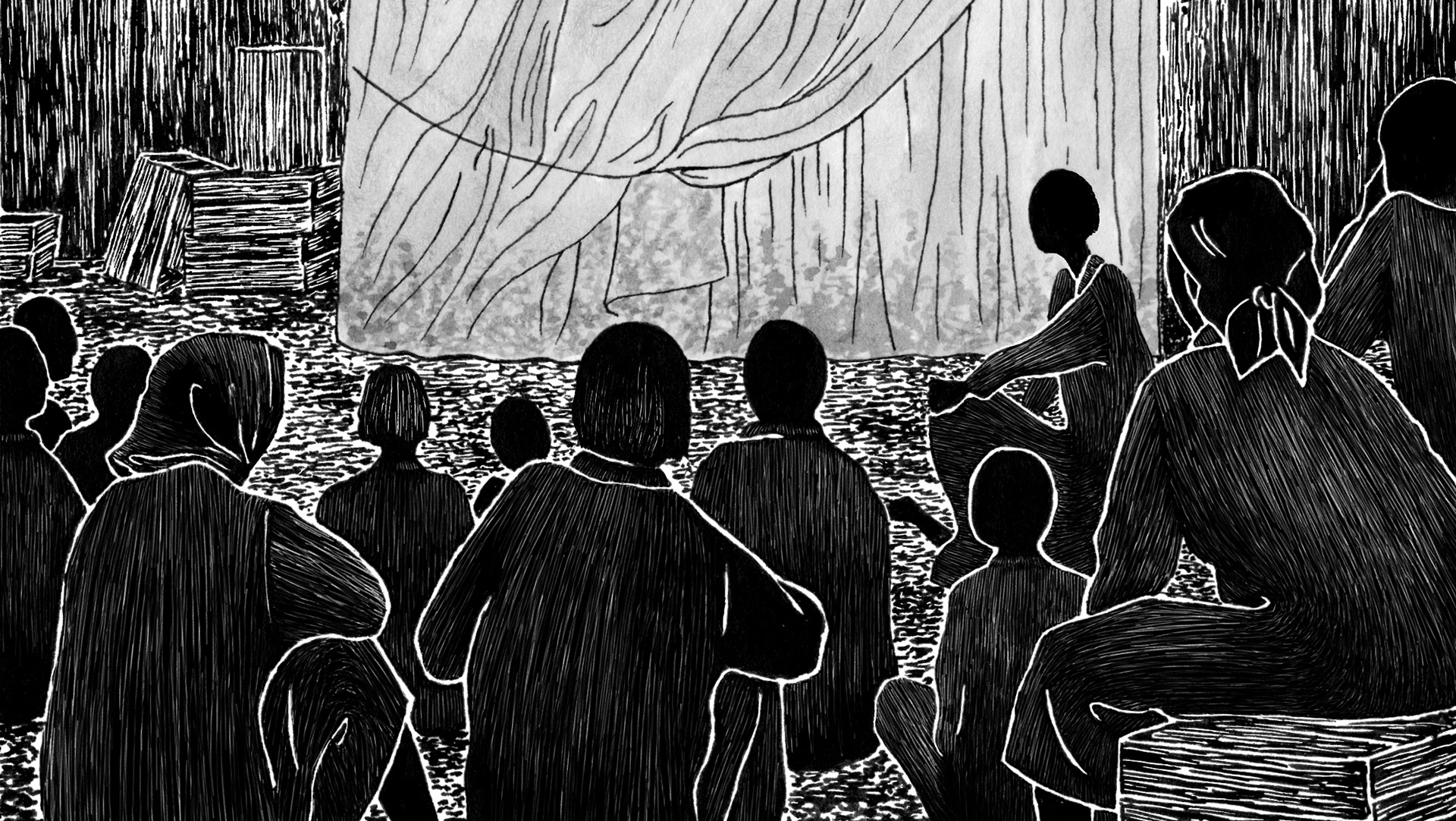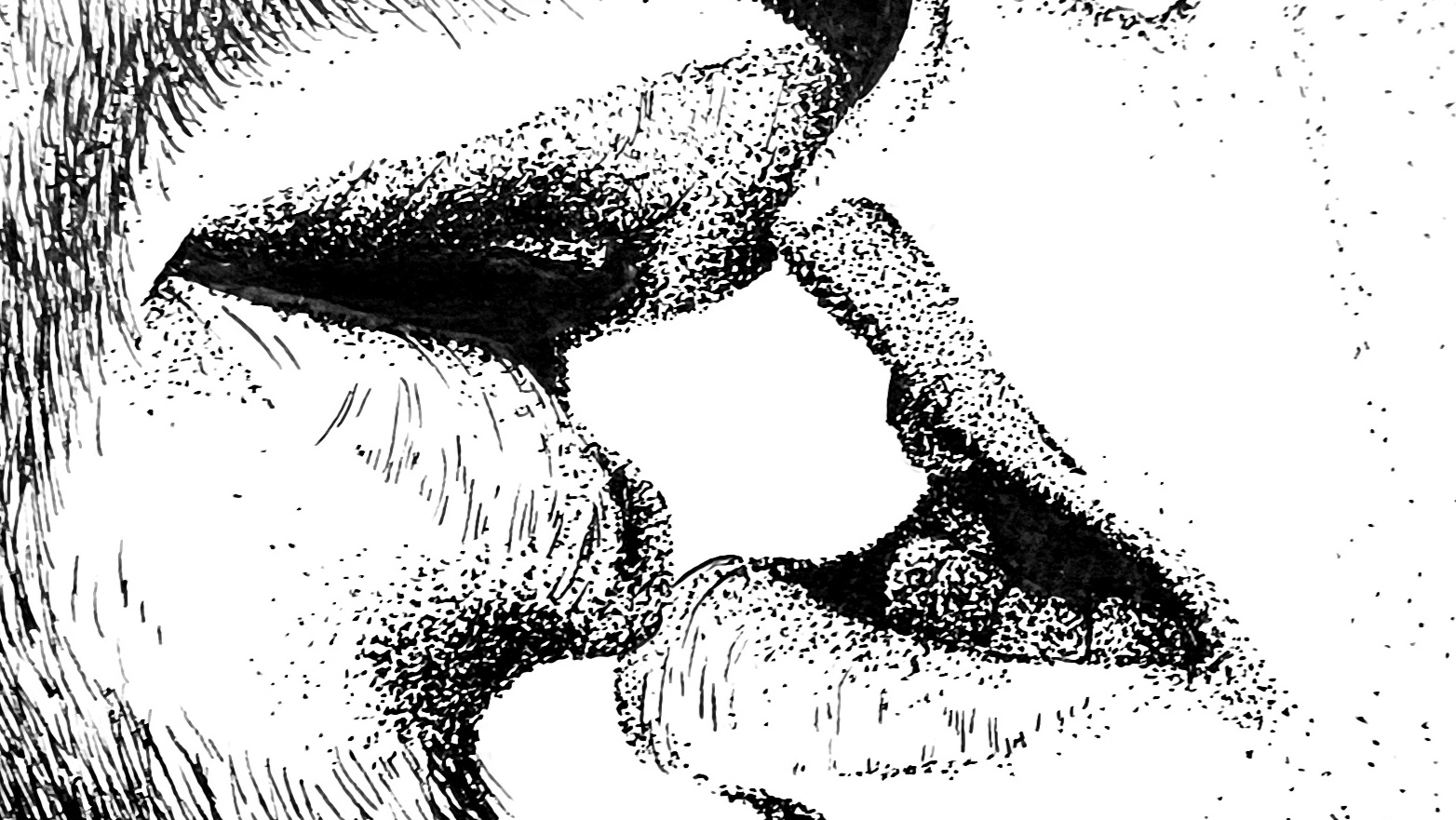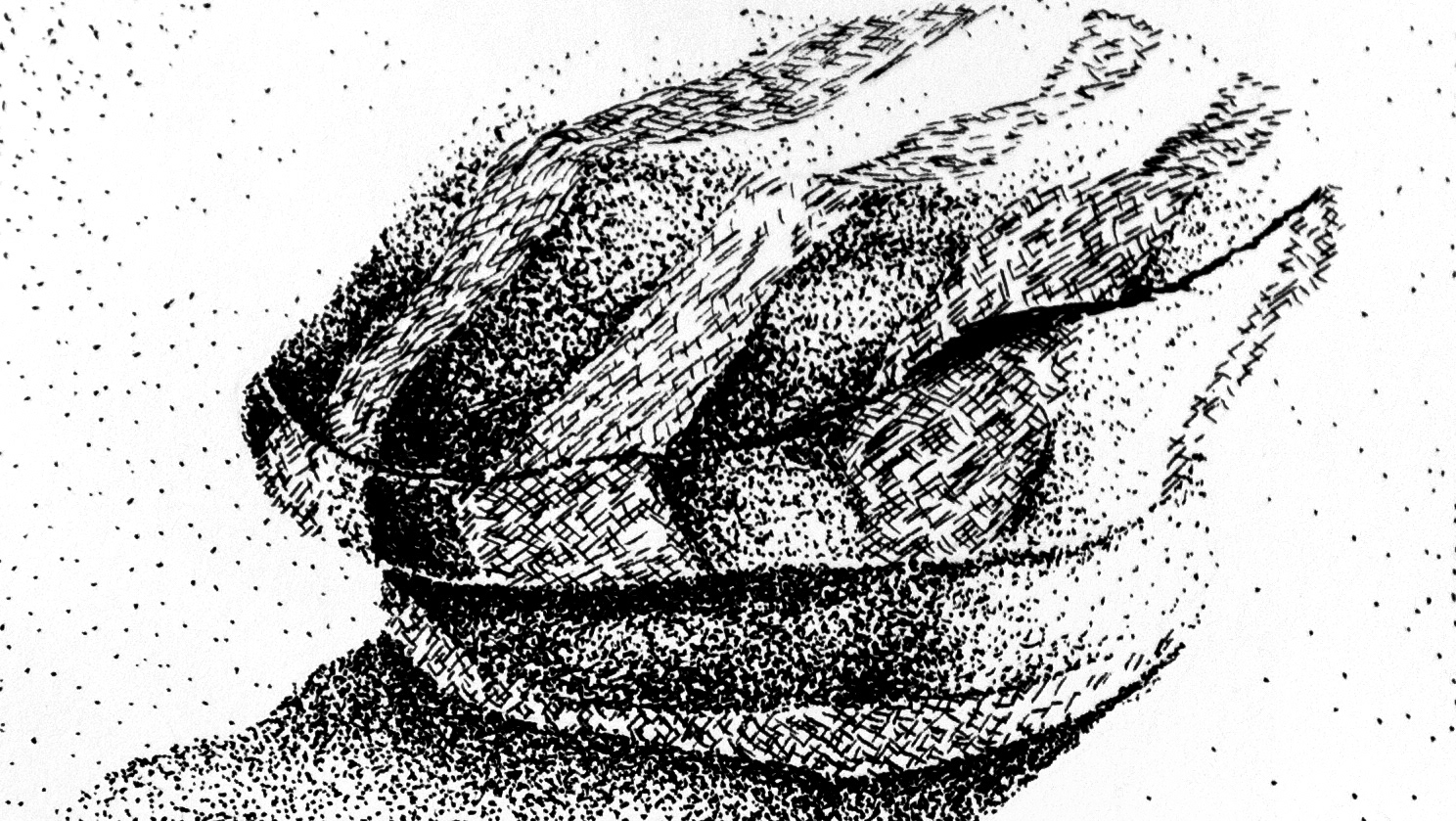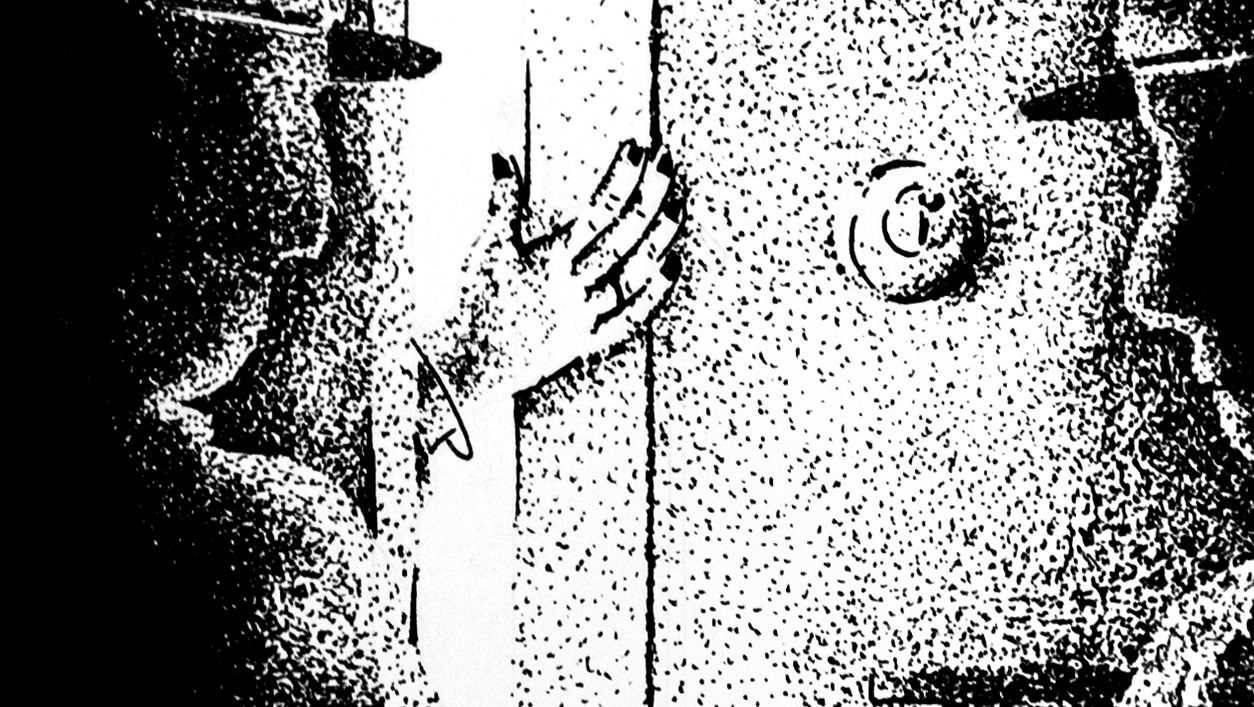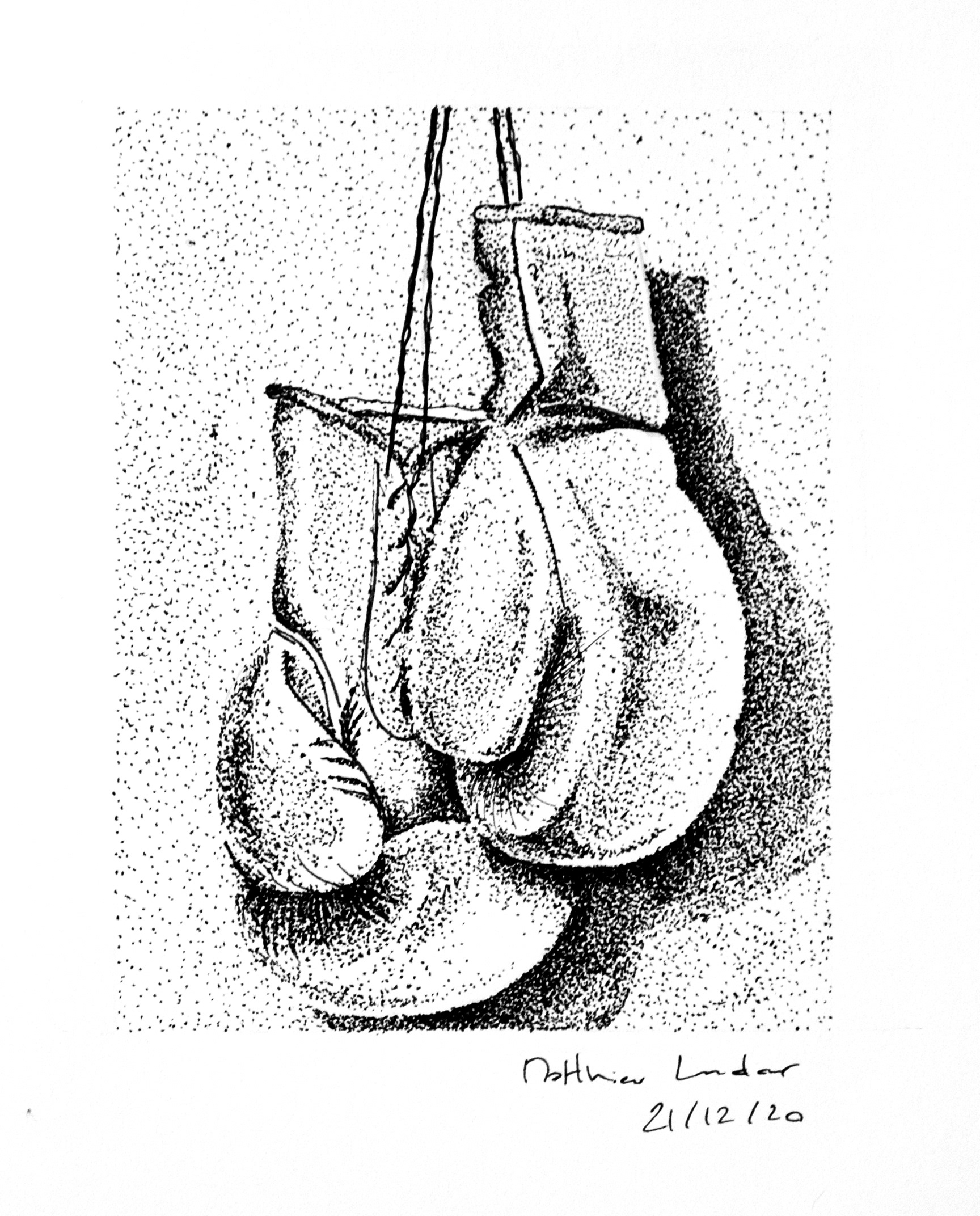
the gloves
Today is a day in December 1942, no one quite knows which. Roger Menielle is about to start a boxing match in Birkenau. He's extenuated, he's cold, his opponent, a kapo, is healthy and strong. Roger shouldn't fight, this is not a fair match. But a victory could mean more food, Roger has to give it a go.
Back in 1940, Roger had a promising career in boxing. But to Roger, this was more an extra, a way to help his family on the side.
He did feel strongly about the situation in his country. France lost against Germany, but Roger and his friends felt that there was still a war going on, they should do something, even though they had to do it in hiding.
Together with his friends Rene Besse, Albert Duclos and Georges Mapataud, they started resisting, creating and distributing tracts in the area of Creteil, not too far from Paris.
On the 10th of October, as they spent the evening putting tracts below doors, the police surprised them. Roger managed ro run away, but he was caught the next morning. He didn't even deny, he was proud to admit what he did, attempting to change the mind of his country.
In Royallieu, Roger kept on boxing, to entertain. But he already wasn't as strong as outside, he wasn't eating enough food for his muscles to retain their shape and strength.
When they arrived in Birkenau, Roger said he was a boxer. The SS had no use for a boxer, but the kapos wanted to have a little fun, they wanted to fight him.
At first, Roger won constantly. The kapos were nothing like boxers. But each time, they got a little better, and each time, Roger got a lot weaker. His friend Rene Besse, sho was in the other camp, Auschwitz 1, would have probably told Roger to stop, but Roger had to keep on going, each time he won, there was more food given.
Back to the present, back to that particular match. The kapo is strong and confident, Roger is in a bad shape. The match starts, the kapo lands heavy hits on Roger, who protects himself. The kapo keeps on hitting, but this has no effect on Roger, he is only getting more and more tired. Roger is betting on this for the match, tiring the kapo and giving him only a few localised hits, Roger needs to save his energy. Around them, other kapos or SS are watching, as well as prisoners, it is easy to see who cheers for whom.
Roger has an opening, the kapo takes his guard down. 2 swift punches, not too strong, but strong enough. The kapo falls on the ground, Roger wins the game.
It should be the last match for Roger, he can't take it anymore. Every time he won, every time he got extra food for winning, he never kept it for himself, he constantly gave it to his friends, to the 45000. The others told him to keep some food for himself, Roger refused. He got weaker far too quickly, it was inevitable.
It isn't Roger's last game. The kapos keep on wanting to fight him, and Roger always wants to get more food for his friends, Roger can't help it.
Eventually, Roger loses, he gets beaten up badly, he joins the other at the Revier, and he is selected.
When Roger boards the truck to the gas chambers, he and the rest of the french start singing the french national anthem.
The 45000 thought they would never want to hear the french national anthem ever again. Yet, on the 27th of january 1943, a group of 230 french women walks to Auschwitz-Birkenau, singing. They sing so loudly, so strongly that the entire camp falls silent.
It feels that a new hope is joining.
notes
Thank you for listening to this episode of 31000/45000, the story of 2 trains of french members of the resistance. My name is Matthieu Landour Engel, and this project is my second historical project, I developed a narrative feature a few years ago about the atomic bomb.
This episode is about Roger Menielle and the boxing matches.
There are several accounts of boxing matches in Auschwitz and Birkenau, Roger Menielle is not the only one.
Salamo Arouch, a jewish greek , apparently fought more than 200 matches in Auschwitz-Birkenau between 1943 and 1945.
Teddy Pietrzykowsky, fought between 40 to 60 boxing matches, between 1941 and 1943 and survived. His number was 77, meaning he was one of the first polish prisoners of the camp.
Other boxers include Jacko Razon, Antoni Czortek, Noah Klieger.
It is worth mentioning that, contrary to Roger Menielle, who apparently fought kapos, Teddy, and Salamo had to fight other prisoners, which was truly barbaric. I don’t mean this against them, they fought to survive, yet it must have been difficult, as each win mostly meant the loser would be too weak to survive much longer in Auschwitz.
Movies on the subject are The boxer and the death by Peter Sola in 1962 and triumph of the will by Robert A young in 1989.
I mentioned Rene Besse in this episode, it is a character I will come back to in another episode.
There are several versions regarding the fate of Roger Menielle, he may have died in a gas chamber, as he was too weak and part of a selection. He may also have jumped on electrified fence, or dared a guard to kill him. Yet it was acknowledged that Roger Menielle shared the food he earned after every boxing match. I assumed a lot of events during this episode, I invented the boxing match, the way it happened. I apologize if I hurt anyone’s feelings or memory by doing so.
We finish this episode with the arrival of the women, the 31000, I will talk further about them in the next episodes, and the gender balance will be a little less uneven. But the singing of the women as they entered the Birkenau camp is a true event, recollected by many survivors.
I have been trying to find Roger Menielle’s relatives, unfortunately, my research was unsuccessful. If by any chance, you know of someone related to him please let me know, I would be very pleased to get in touch and make sure the text I wrote doesn’t contain any errors.
My sources for this story are the book red triangles in Auschwitz, by Claudine Cardon Hamet, the website deportes-politiques-auschwitz.fr, memoire vive and the foundation for the memory of deportation website and the fantastic website auschwitz.org .
Thank you very much for listening, the next episode will exceptionally go a little backwards and be about Jeanne Alexandre, and the 24th of january 1943 train of the 31000.
